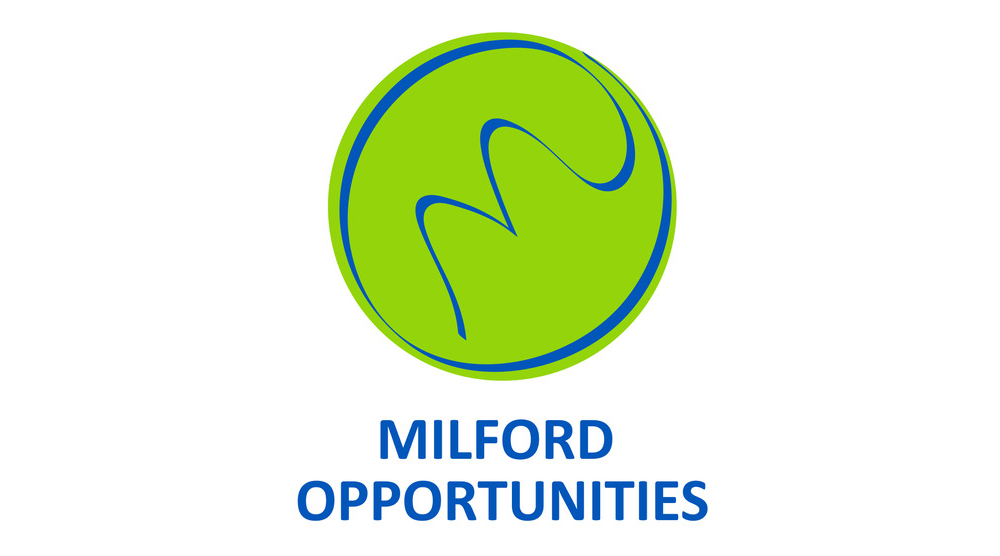Update from the Board Chair continued… Paul Norris
For the final few months of the project we have been lucky enough to have Te Anau local and Chief Conservation Officer at RealNZ Paul Norris appointed to the Milford Opportunities Board by Tourism & Hospitality Minister Matt Doocey and Conservation Minister Tama Potaka.
As an expert on tourism, Fiordland, and conservation, we couldn’t have asked for a better qualified addition.
Prior to joining the board Paul had already been extremely generous to the project with his knowledge and time.
Paul Norris received the New Zealand Order of Merit for his services to the tourism industry and conservation in 2020. He has almost 40 years’ experience in the tourism industry, including wide logistical and management knowledge in running operations in the lower South Island. He has been a part of RealNZ since 1993, which he says has been a major supporter of his conservation work which includes Cooper Island Restoration Project, Cruise-for-a-Cause (raising money to help conservation organisations), and Predator Free Rakiura.
To manage any conflict of interest arising from his role at RealNZ, Paul joined the board as a non-voting member meaning he could advise but was not able to vote on board matters.
The project team has undertaken a significant engagement programme with operators actively working in the area, to ensure broad and balanced input from the sector.
Find out more about who was on the Board and the team behind the Stage 3, Phase 1 of the Milford Opportunities Project by visiting The team – Milford Opportunities.

